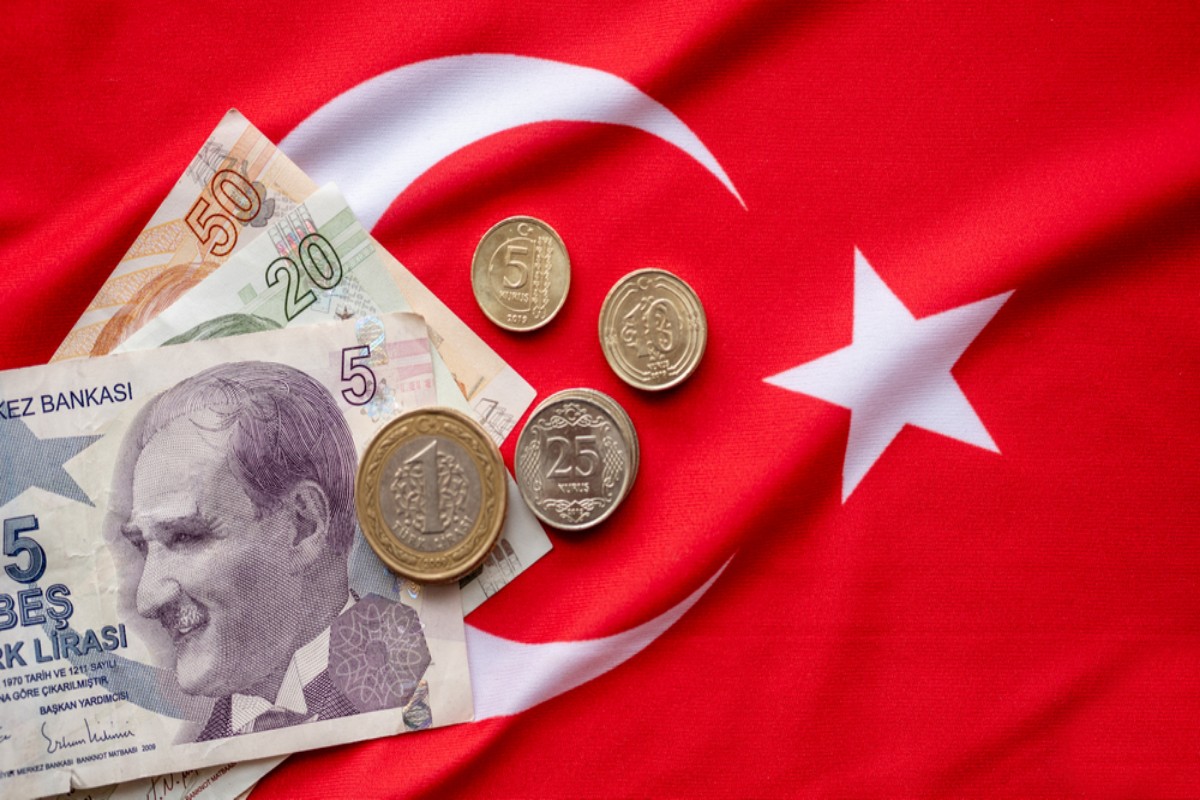Türkiye’s Central Bank urges foreign investors: Invest in Turkish lira bonds for high yields
According to the governor of the Türkiye Central Bank (TCMB), Hafize Gaye Erkan, Türkiye is urging foreign investors to consider investing in government bonds denominated in Turkish lira. As the country nears the conclusion of its monetary tightening phase, Erkan stated that the Turkish lira bonds offer substantial yields. Bloomberg reported Erkan’s remarks, citing her interview with the Turkish daily newspaper Hurriyet.
Read more: Türkiye’s Central Bank ramps up interest rates by another 500 points
She explained that by the same time next year, the country would experience a more moderate economic environment in terms of inflation and monetary tightening. Additionally, Erkan advised foreign investors to take advantage of the current opportunity, as the yields would be lower after that period.
Regarding the impact of stringent monetary policies on consumer prices, Erkan mentioned that inflation is not expected to drop to single digits until at least 2026.
Since her appointment in June, the central bank has implemented a substantial interest rate hike, with rates being raised by more than 30 percentage points to reach 40 percent.
This announcement follows a decade during which foreign investors mostly avoided lira-denominated bonds due to a series of unconventional economic strategies adopted by Ankara to curb the short selling of the lira.
Drawing attention to a positive development, the governor highlighted the recent increase in interest from foreign investors, particularly from the United States (U.S.), in Turkish government bonds over the last month.
Preference for direct investments
However, Erkan expressed a preference for direct investments over swap contracts, noting that the latter have a limited impact on the country’s reserves.
Erkan’s comments were made against the backdrop of the Monetary Policy Committee’s announcement last month, which suggested a slowdown and an imminent conclusion to the ongoing monetary tightening cycle.
She observed a decline in price increases across various sectors such as automotive, electronics, and furniture. However, she acknowledged that more time is required to observe similar trends in transportation and food.
Erkan also mentioned the persistent high inflation in sectors such as education and housing. She highlighted the impact of supply shortages on the pricing dynamics of the housing market and shared her personal experience with the increased rental costs in Istanbul.
As of the end of November, Türkiye’s annual inflation rate stood at 62 percent, and the central bank projected it to rise to 65 percent by the end of the year, followed by a decrease to 36 percent by the end of the following year.
For more news on the economy, click here.



